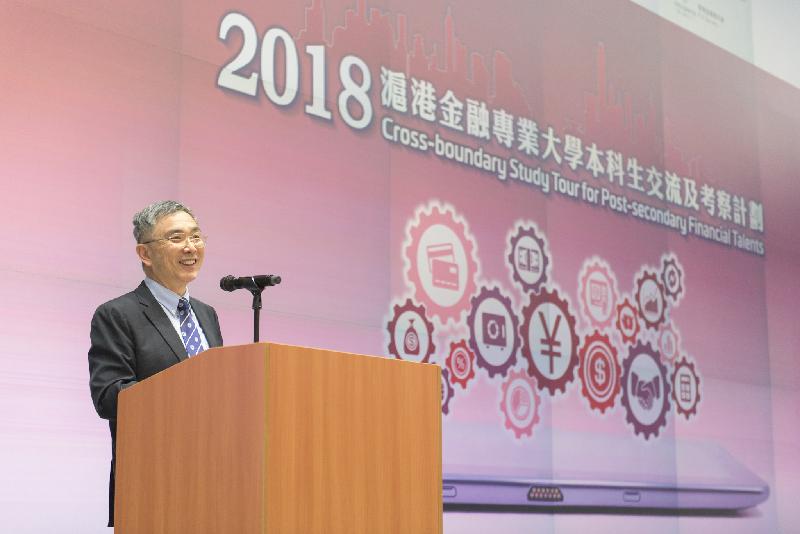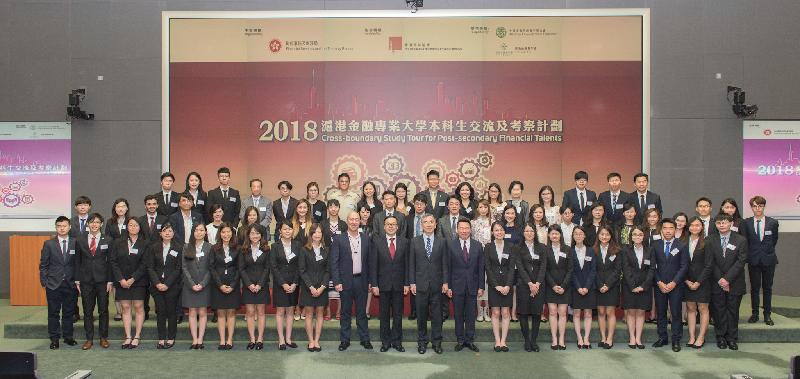Meetings of Legislative Council and its Committees
The following is issued on behalf of the Legislative Council Secretariat:
The Legislative Council (LegCo) and its Committees will hold 20 open meetings, two public hearings and a closed meeting during the week from June 11 to 15 in the LegCo Complex. Details of the meetings are available in the meeting schedule attached.
The information in the meeting schedule is subject to change. Please refer to the "LegCo Calendar" on the LegCo Website (www.legco.gov.hk) for the latest details of meetings.
Members of the public are welcome to observe open meetings of LegCo and its Committees. Interested individuals and groups are advised to make advance booking of seats by calling the LegCo Secretariat at 3919 3399 during office hours. Members of the public can also listen to or watch all open meetings via the "Webcast" system on the LegCo Website.


